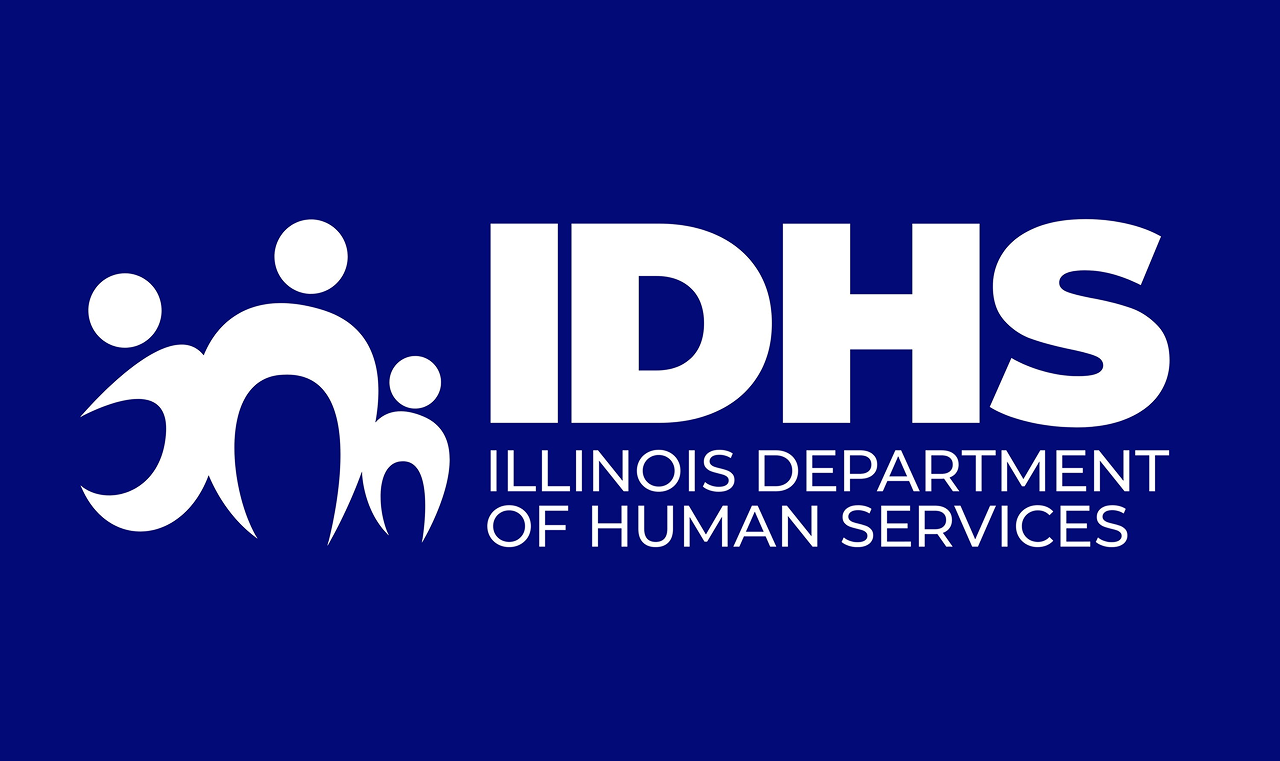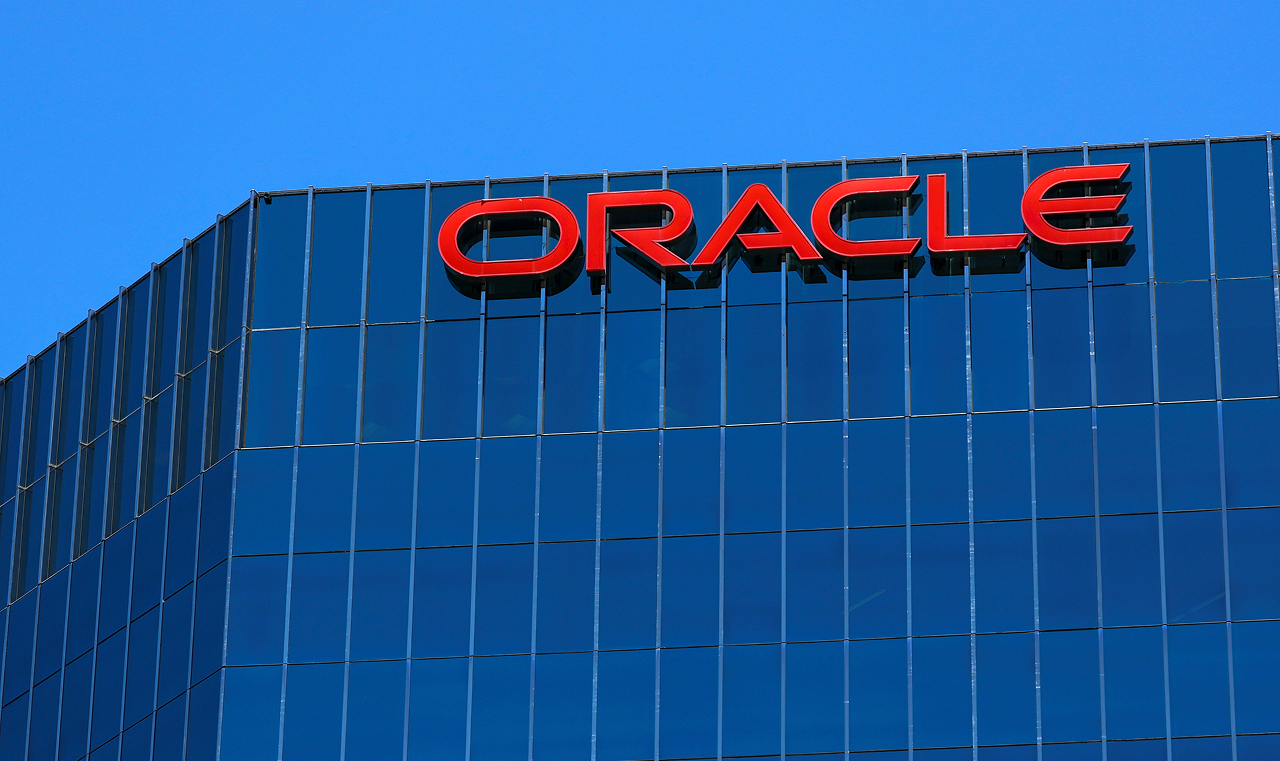National Public Data
A data broker specializing in background checks was breached in April 2024. Approx. 2.9 billion records – including full names, addresses, dates of birth, phone numbers, and Social Security numbers – were stolen and put up for sale on the dark web.

The National Public Data Breach: What You Need to Know About the 2.9 Billion Records Exposed
In one of the largest data breaches in recent history, National Public Data, a prominent data broker known for conducting background checks, suffered a massive cybersecurity incident in April 2024. The breach exposed approximately 2.9 billion records including highly sensitive personal information and has since become a major topic of concern for cybersecurity professionals, privacy advocates, and everyday citizens alike.
What Happened?
According to cybersecurity analysts, the breach occurred in April 2024 when threat actors gained unauthorized access to National Public Data’s internal databases. The stolen records reportedly include:
- Full names
- Home addresses
- Dates of birth
- Phone numbers
- Social Security numbers (SSNs)
Shortly after the breach, the data was discovered for sale on various dark web forums, drawing swift attention from law enforcement agencies and the cybersecurity community. The data troves are being described by experts as "shockingly comprehensive," due to the sheer scope of personally identifiable information (PII) exposed.
Who Is Affected?
Given that National Public Data compiles records from court documents, public filings, and other data sources for background screening, it's likely that millions of U.S. adults are impacted especially job seekers, renters, or anyone who has undergone a background check in the last decade.
The exposure of SSNs combined with names and birthdates presents a severe risk of identity theft, financial fraud, and synthetic identity creation. Victims may not immediately notice the impact, as cybercriminals often hold onto stolen data for months or even year before exploiting it.
Why This Breach Matters
Unlike a breach at a retailer or a social media platform, this incident involves a data broker a company that amasses vast quantities of personal information and resells it. These firms operate largely in the background, often with minimal transparency or consumer oversight. What makes this breach particularly alarming is:
- The scale: 2.9 billion records could mean multiple entries per individual, covering a wide range of activities and data points.
- The sensitivity: This isn’t just about email passwords. It’s full identity profiles.
- The sale of data: The fact that this information is now circulating on the dark web dramatically increases the risk of widespread identity fraud.
What You Should Do
If you believe your information may have been included in the breach or simply want to protect yourself consider taking the following steps:
- Monitor your credit reports regularly via annualcreditreport.com or credit monitoring services.
- Place a fraud alert or credit freeze on your credit files through major credit bureaus (Equifax, Experian, and TransUnion).
- Be cautious of phishing attempts and unsolicited communication that asks for sensitive information.
- Consider enrolling in identity theft protection services that offer alerts and recovery assistance.
A Call for Accountability and Reform
The National Public Data breach raises pressing questions about how personal data is collected, stored, and shared, especially by companies that profit from selling that information. In an era where privacy is increasingly difficult to maintain, this breach may serve as a wake-up call for policymakers and regulators to implement stronger data protection laws, transparency requirements, and accountability mechanisms for data brokers.
Final Thoughts
While cybersecurity incidents are nothing new, the National Public Data breach marks a significant escalation in both the volume and depth of personal data now circulating in criminal hands. As individuals, staying informed and proactive is essential but systemic change is needed to ensure this kind of breach doesn’t happen again. If there was ever a time to take your digital privacy seriously, it's now.
















